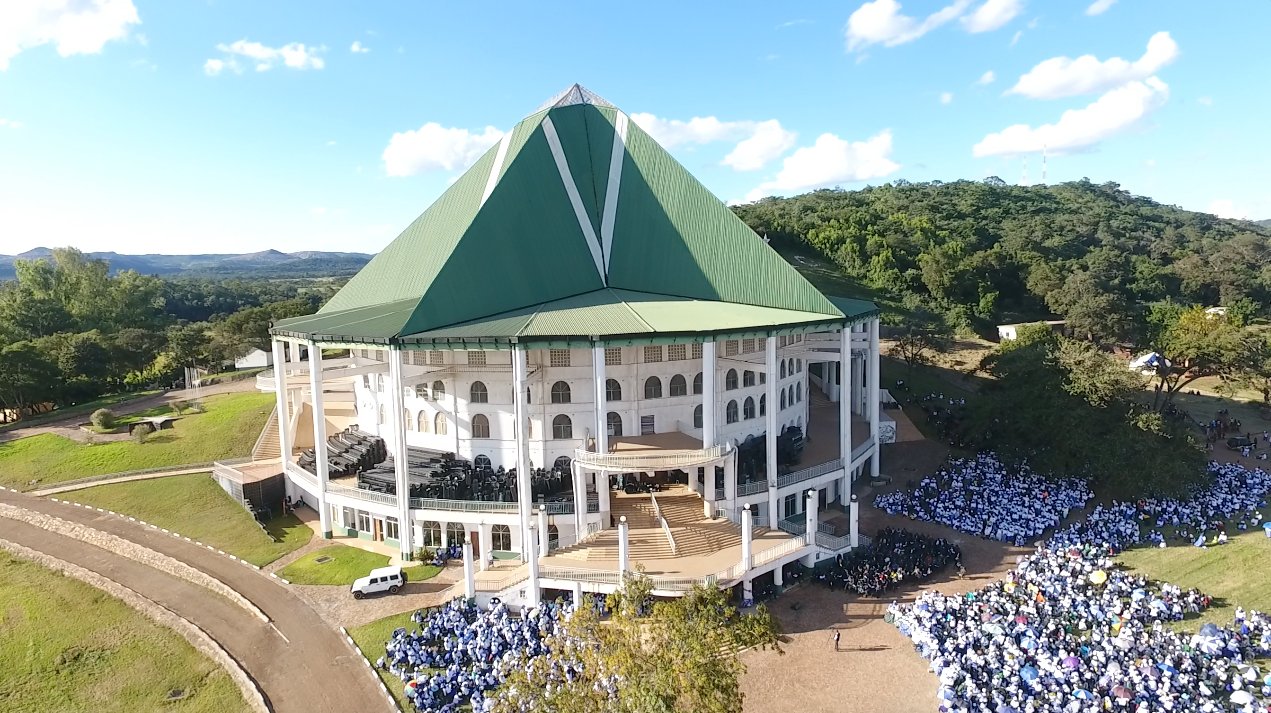
Faith serves as more than just a spiritual anchor across the wide and vibrant landscape of Africa; it is also a strong economic and social force influencing the continent. Since their humble beginnings, the religious organizations of the continent, notably its Christian denominations, have expanded into expansive empires that own enormous financial portfolios, vast real estate holdings, and a deep influence on the lives of millions of people. The sheer magnitude of their operations, which range from universities and television networks to enormous humanitarian missions, raises the question of which of these influential institutions possesses the most financial power.
When it comes to matters of faith, the conversation about wealth is frequently one that is convoluted and multifaceted. These organizations view financial resources not just as an end in and of itself, but rather as a vehicle to broaden their scope of influence, carry out more ambitious projects, and strengthen their influence on society. A one-of-a-kind economic environment is produced as a result of the flow of tithes, offerings, contributions, and earnings from commercial operations. They are able to construct massive “prayer cities,” run multinational charities, and disseminate their sermons to a global audience as a result of their financial strength, which positions them as significant participants not just in the sphere of spirituality but also in the socio-economic fabric of the continent.
It is notoriously difficult to ascertain the precise net worth of religious groups because, in the majority of states, these organizations are not obligated to disclose their financial information to the general public. As a result, any rating is an evaluation constructed on the basis of observable assets, the extent of their activities, their global membership, and the value of their commercial and investment projects. The numbers that are linked with these organizations are frequently astounding, which is a reflection of a combination of fervent philanthropy, entrepreneurial spirit, and strategic financial management.
Nubia Magazine has gathered a list of the top contenders based on their observable influence, asset base, and economic imprint into this exclusive deep dive. The ranking is based on the aforementioned criteria. The purpose of this article is to paint a clear picture of the financial titans of faith that are working to shape modern Africa. We invite you to join us as we explore the origins of the wealth of the Top 10 Richest Churches in Africa for the year 2026, as well as the magnitude of their divine empires.
List Of Top 10 Richest Churches In Africa 2026
1. Redeemed Christian Church of God (RCCG)

The Redeemed Christian Church of God (RCCG) is the richest church in Africa in 2026. Pastor E.A. Adeboye has guided the RCCG to become a global Pentecostal powerhouse with an unmatched financial engine. The 3,000-acre Redemption Camp along the Lagos-Ibadan Expressway is its most conspicuous asset. It is a mini-city with its own electricity grid, police station, banks, and residential estates, and it is worth billions of dollars. The RCCG’s economic model is based on its huge network of more than 40,000 parishes in almost 200 countries. Each parish gives money to the central purse, which makes a huge and steady flow of money. The church’s yearly Holy Ghost Congress, which draws more than a million people, is a logistical and financial wonder. RCCG also operates a university called Redeemer’s University, and its members have a big stake in a number of media and economic endeavors. The RCCG is the richest and most financially active church in Africa because it has a global network, strategic assets, and a culture of aggressive evangelism and giving.
2. The Roman Catholic Church in Africa
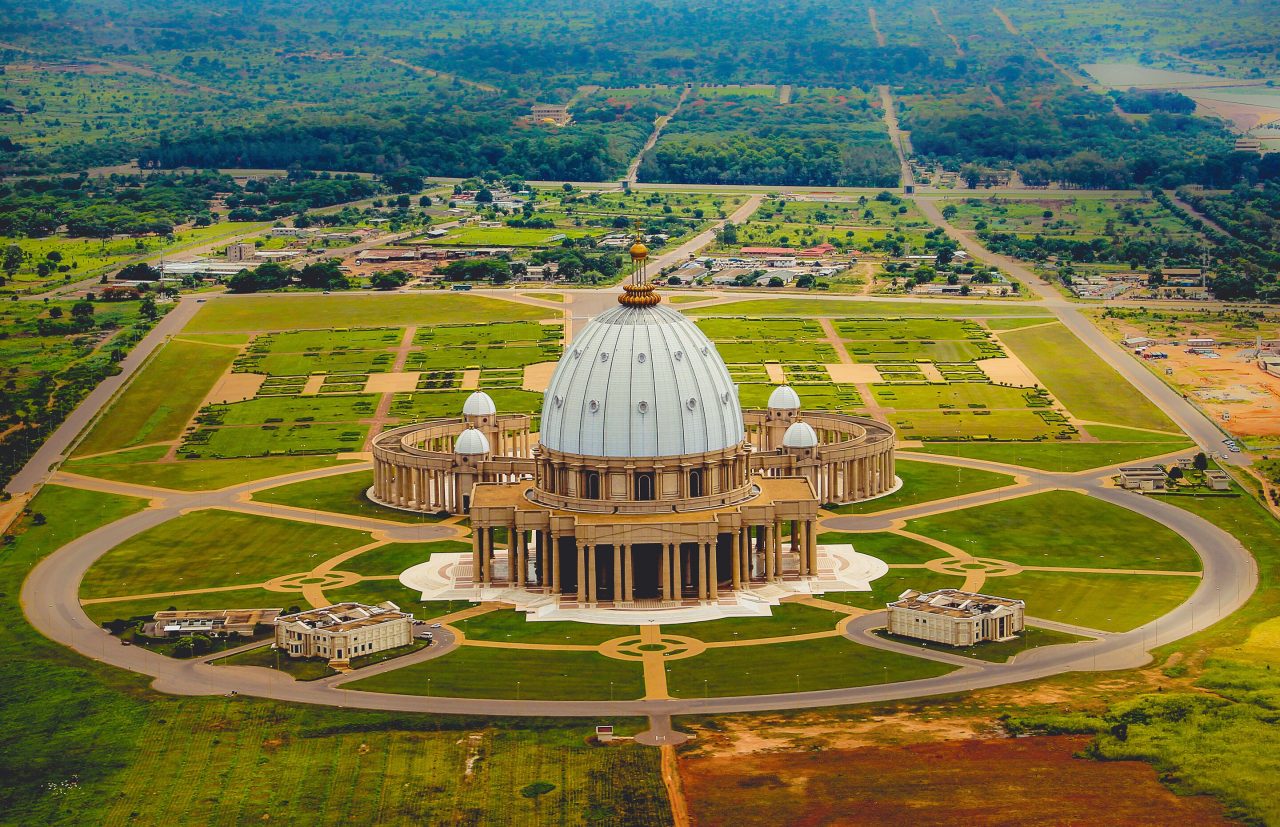
The Roman Catholic Church is a unique continental institution, which makes the fight for the single Richest Church In Africa 2026 very interesting. Its riches in Africa isn’t in one place; it’s spread out over thousands of dioceses, archdioceses, and religious organizations. The total amount of money is huge. The Church owns the most land and property on the continent that is not owned by the government. It also runs an unmatched network of thousands of schools, universities, and hospitals, including some of the best medical facilities in rural places. The Vatican has a lot of money, and its parishes are also quite wealthy. Its ancient relics, art, and real estate are also worth a lot of money. All of this makes the Vatican’s financial imprint genuinely worldwide and deeply rooted. Its structure makes it impossible to give it a single value, yet its overall economic power is clear and unmatched in size and historical depth.
3. Anglican Church of Nigeria
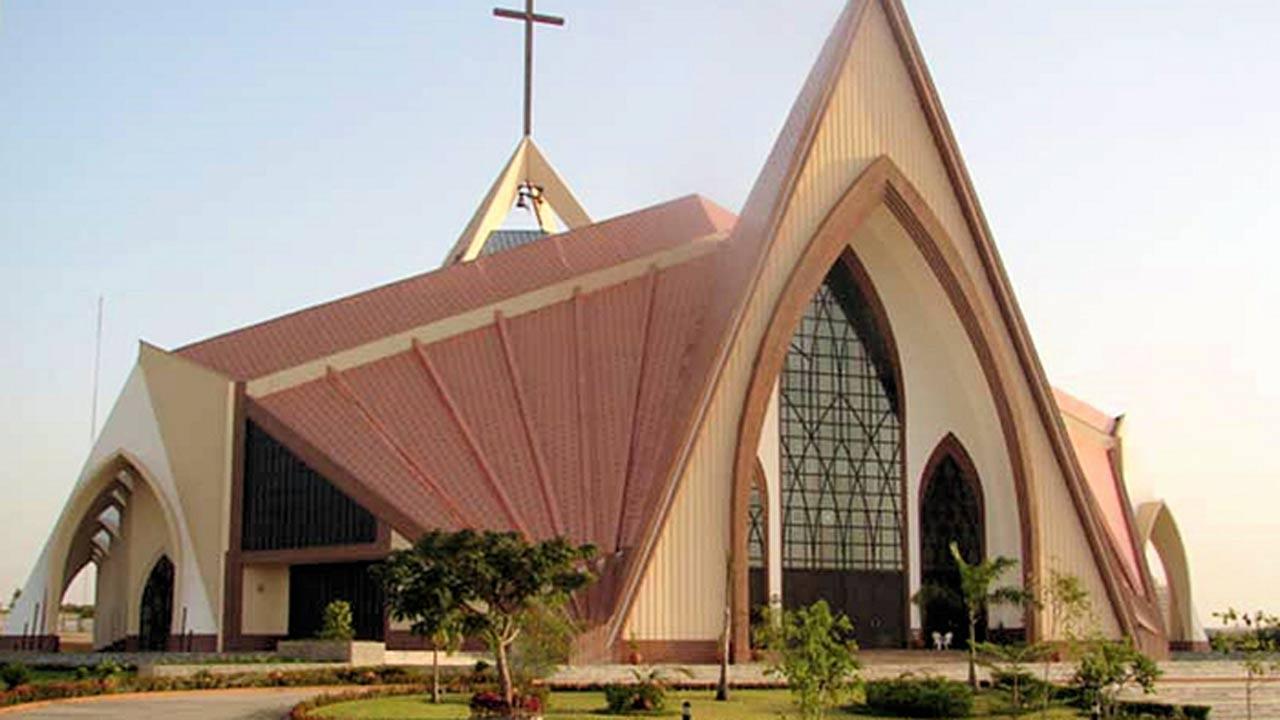
The Anglican Church of Nigeria is one of the biggest provinces in the global Anglican Communion. It has a lot of history and money behind it. Its riches is largely rooted in its large land holdings, which are a result of its lengthy history in the country. The church owns a lot of property, including cathedrals on valuable urban area, schools, and hospitals. A large part of Nigeria’s political and financial elite are members of the Church of Nigeria, which leads to large donations and bequests. With its decentralized financial structure and the fact that its dioceses own a lot of property, Nubia Magazine says it has a strong role in national politics. This makes it one of the richest and most stable religious groups in Africa.
4. Deeper Life Bible Church
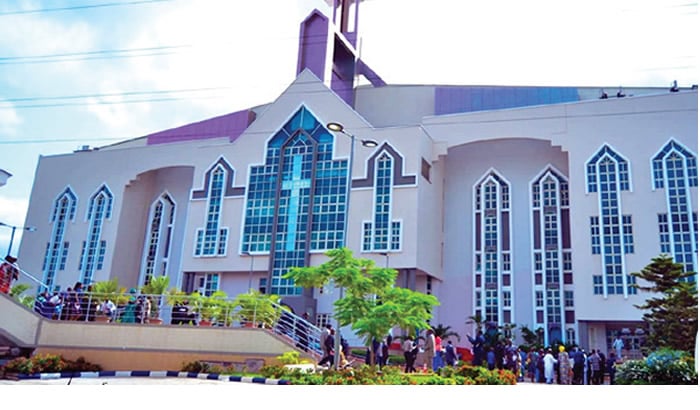
Pastor William Kumuyi has led Deeper Life Bible Church to become known for its stringent holiness and modesty, which is surprising given how much money it has. Deeper Life doesn’t show off its wealth like other churches do. Instead, it uses its money to build big things and spread the gospel around the world. The Deeper Life Conference Centre (DLCC) on the Lagos-Ibadan Expressway is their main office. It has a huge auditorium and living quarters, making it a huge investment. The church’s “Deeper Life Campus Fellowship” is a strong presence at colleges and universities in Nigeria and beyond, bringing in a regular stream of young, educated members. The church has one of the biggest crusade and satellite broadcasting networks in Africa, and it gets money from its disciplined and enormous congregation.
5. The Zion Christian Church (ZCC)

The Zion Christian Church is one of the most important and financially strong African-initiated churches in the world. The ZCC has millions of members, mostly in Southern Africa, and their unique star badges make them easy to spot. The church is known for being very wealthy because of the huge Easter pilgrimage that happens every year to its headquarters in Moria, Limpopo. This occasion draws millions of pilgrims, and their combined donations make a huge difference in the economy. The ZCC has a lot of business interests, such as large farms, commercial real estate, and investments in a number of other areas. Their asset management is very private but very effective. It pays for the church’s self-sustaining communities, schools, and social initiatives, making it a huge economic force.
6. Living Faith Church Worldwide (Winners Chapel)

Bishop David Oyedepo, a well-known supporter of the “Prosperity Gospel,” started Living Faith Church. It is an example of faith-based enterprise and a major player in any talk about the Richest Churches in Africa 2026. The 50,000-seat Faith Tabernacle in Ota, Nigeria, which was formerly considered the world’s largest church auditorium, is a clear sign of its affluence. The church owns a lot of things, like Dominion Publishing House, a successful publishing company; Faith Academy, a network of top-notch schools; and Covenant University, Nigeria’s best private university. The university alone is a huge costly project. The church has over 10,000 branches around the world, which means that resources are always coming in from all over the world. This makes its financial empire one of the most diverse and vertically integrated on the continent.
7. The Nigerian Methodist Church
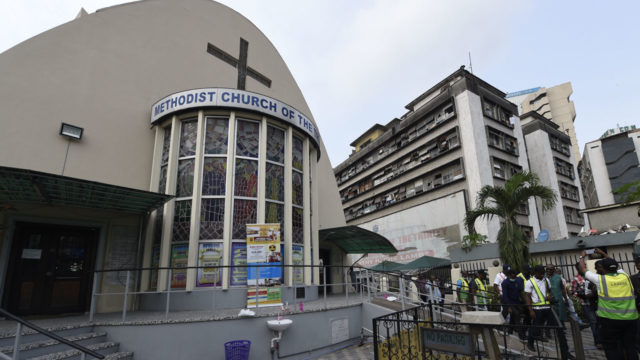
The Methodist Church of Nigeria has a lot of money because it owns a lot of property and makes a lot of institutional investments. Its history is closely linked to the growth of contemporary Nigeria. The church has valuable property in big cities like Lagos, Abuja, and Port Harcourt, where it makes a lot of money from rent. The Methodist Church runs a university, the Methodist University Nigeria, as well as many secondary schools and hospitals. These are all ways that the church makes money. Even though its congregation isn’t developing as quickly as some Pentecostal groups, it is well-established and includes many business and professional leaders. This means that it gets a regular stream of large tithes and gifts that pay for its operating costs and investments.
8. The East African Presbyterian Church (PCEA)
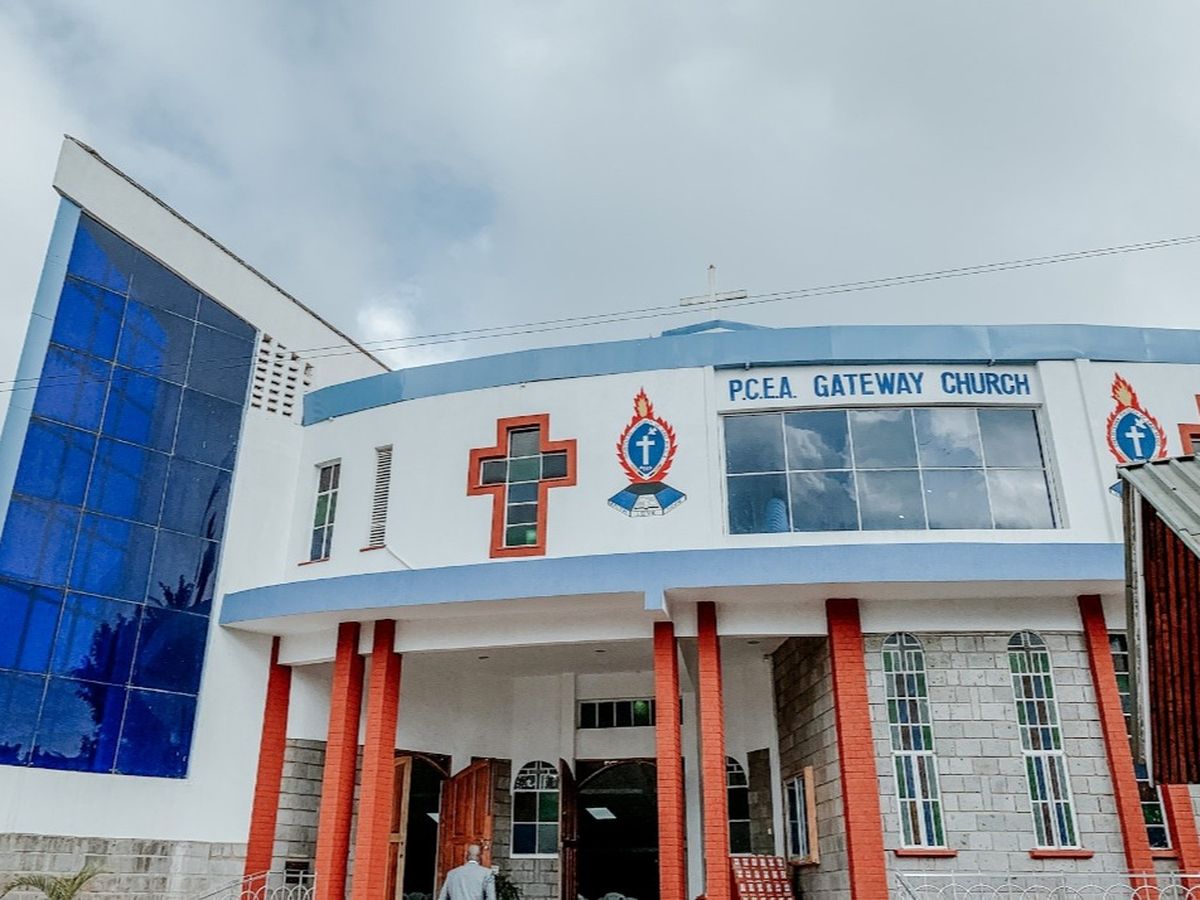
The Presbyterian Church of East Africa is a mainline Protestant church with significant historical roots in Kenya and the rest of East Africa. Its riches comes from its large land holdings and established institutions. The PCEA runs some of the best schools and hospitals in the area. These include high-performing primary and secondary schools, colleges, and hospitals. These places are not just places for the ministry to work; they also make a lot of money. The church’s members, who are mostly middle- and upper-class people, give money on a regular basis through a well-organized tithe system. Their substantial real estate, especially in prominent urban areas, is a huge asset that is sometimes underrated and ensures the PCEA’s financial stability and standing as an economic powerhouse.
9. The Apostolic Faith Mission of South Africa (AFM)
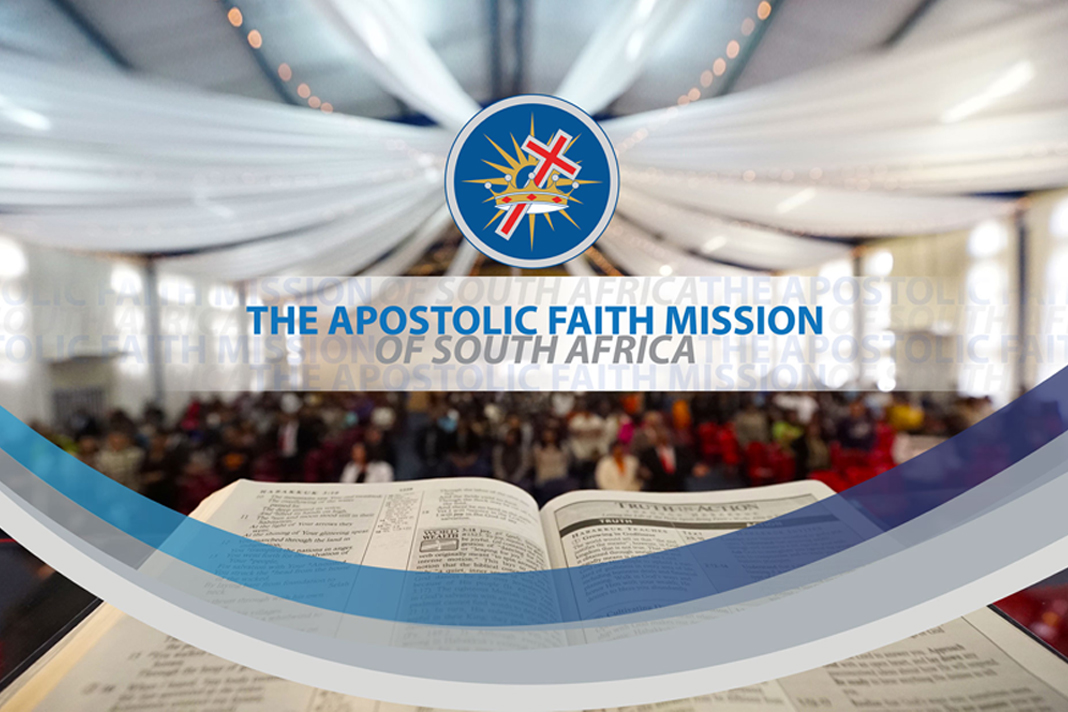
The Apostolic Faith Mission is one of South Africa’s oldest and largest Pentecostal groups, and it has a strong financial structure. The group has millions of members from many walks of life, and their tithes and offerings make up a large part of the group’s finances. The AFM is rich not only because it makes a lot of money, but also because it owns a lot of property, including several church structures, camps, and administrative buildings in South Africa and other countries. The church also has a structured investment arm and is involved in community development programs that are often supported by both the government and commercial partners. This makes its finances more complicated and stronger. Its governance style, which is similar to a corporate organization, lets it manage its finances and increase its assets in a way that will keep its economy stable and provide it long-term power.
10. Nigeria’s Synagogue Church of All Nations (SCOAN)
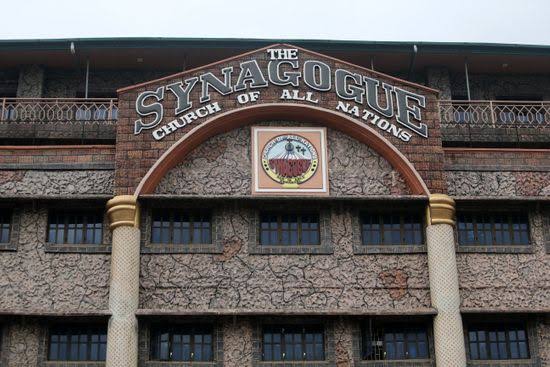
SCOAN was started by the late, controversial Prophet T.B. Joshua. It has a lot of money because it has a lot of followers around the world and a long history. Even though the church’s leadership changed after Joshua died, its wealth is still strong because of its huge collection of miracle-filled broadcasts, which keep getting views and donations online. The church’s greatest asset is its large headquarters in Lagos, which has a huge auditorium, a hotel for international visitors, and other facilities. The “Emmanuel TV” partners network also helps it make money. While its operational scope may have changed, the financial reserves and global brand awareness created during decades of international ministry give SCOAN a place on this list. The church has made a lot of money over the years by bringing in pilgrims who want to be healed and experience miracles. This shows that there is a unique and very profitable niche in the religious industry.






interesting
This article really hit the mark—thanks for sharing your insights!
My brother suggested I may like this blog. He was entirely right. This put up actually made my day. You cann’t believe simply how much time I had spent for this info! Thanks!
I truly appreciate this post. I have been looking everywhere for this! Thank goodness I found it on Bing. You have made my day! Thanks again